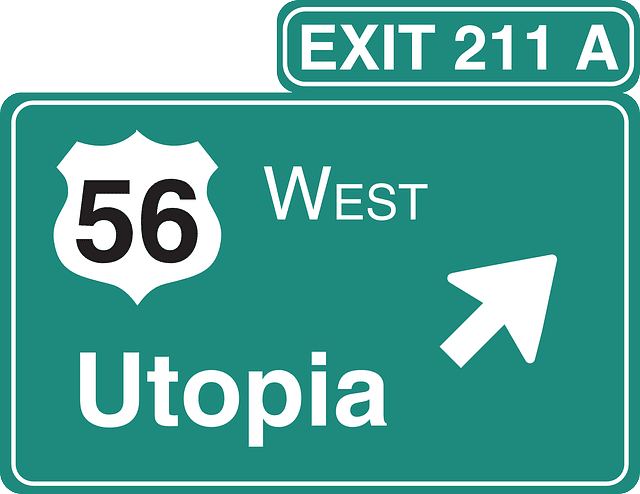More of our “correspondent on the spot” at Acton University! Follow the Twitter feed from the conference here and read his first two posts here:
All first-time “students” at Acton University are required to take a series of four “foundational courses” on the first full day of the conference. While this is frustrating in some ways for those of us who have been thinking about some of these issues for a while already and would like to move on to the more “advanced” topics, I can see why they require this.
It’s helpful to go into the rest of the conference with a clear sense of the basic assumptions about Christian perspectives on political, social, and economic issues on which the rest of the speakers are building. Since one of my goals in coming here was to clarify my understanding of the “Acton ideology” (if indeed there is such a thing) and to correct any unfair prejudices I had on the subject, hearing this broad overview on the first day was actually extremely helpful.
I’ve already covered the first of the foundation lectures, Samuel Gregg’s talk on Christian anthropology. The remaining three were Michael Miller on Christian views of politics, Jennifer Roback Morse on economics, and Charles Self on freedom. I’ll summarize each talk separately with some specific reactions to each, and then close with some overall remarks on what the foundation courses tell me about the Acton perspective and how far I agree or disagree with that perspective.
Miller’s central thesis was that Christianity, by its very nature, limits government. He began with the story of St. Ambrose holding Emperor Theodosius accountable for the massacre of the citizens of Thessalonica, refusing to allow him to receive communion or even enter the church until he did public penance for his actions. Miller contrasted this event with the common pagan idea that the emperor was divine. Christianity is intrinsically incompatible with any idea of the divinity or absolute authority of the state. Modern discussions of limited government, such as those of John Locke, build on (and, according to Miller, actually “hollow out”) traditional Christian ideas.
Other basic Christian political principles, according to Miller, include the primacy of the family over politics, private property, the right of free association, a rejection of utopianism, and the pursuit of the common good. Within these parameters, there is room for Christians to take a wide variety of political positions (by the time he was done listing all the things he thought Christians couldn’t believe, this wasn’t as generous a claim as it initially appeared to be).
Miller qualifies the principle of respect for private property by agreeing with Aquinas that private property is not an absolute right. I think his language reflects the tension in Catholic social teaching between the medieval view (in which private property is an appropriate and necessary human arrangement but was not present in the “state of nature”) and Leo XIII’s affirmation that private property is a fundamental right. On the common good, Miller made the important point that this is not a matter of a “utilitarian calculus.” You don’t work out what will cause the most benefits for the greatest number of people and call it the “common good.”
For instance, even if you could prove by every tangible measure that it was better for children to be raised by the state than by their parents, it would still be contrary to the common good, because it’s contrary to human nature to raise children in such an impersonal way. There are intangible goods that flow from the nature of the person and which can’t be measured by polls and scientific studies. I think this is an extremely important principle of great relevance to many of the economic issues discussed at Acton University.
Anti-utopianism was a major theme in Miller’s talk as well as in both of Gregg’s lectures. And that didn’t surprise me. I’ve heard “don’t immanentize the eschaton” over and over again from various friends over the years. And of course Gregg is right that a dream of a perfect society inevitably turns into a nightmare when people try to impose it by force. But it seems to me that people often use the label “utopian” to shut down any attempt to change society for the better that they happen to dislike for ideological reasons.
What is the line between “utopianism” and simply seeking to promote peace and justice? “Don’t immanentize the eschaton” often seems like a rallying cry for defenders of the status quo, a call to complacency and cynicism. That’s clearly not how the Acton speakers mean it. But it seems to me, so far, that they are far too quick to assume the worst of their ideological opponents and to shut down legitimate criticisms of capitalism by labeling them “utopian.”
Stay tuned for posts on talks by Jennifer Roback Morse & Charlie Self–and what on earth Jonathan Edwards has to with taking your produce to the farmers’ market.
Edwin Woodruff Tait is a freelance writer, farmer, and consulting editor for Christian History magazine. He blogs at Ithilien and tweets as @Amandil3. (Extra points if you get the Tolkien reference.)














